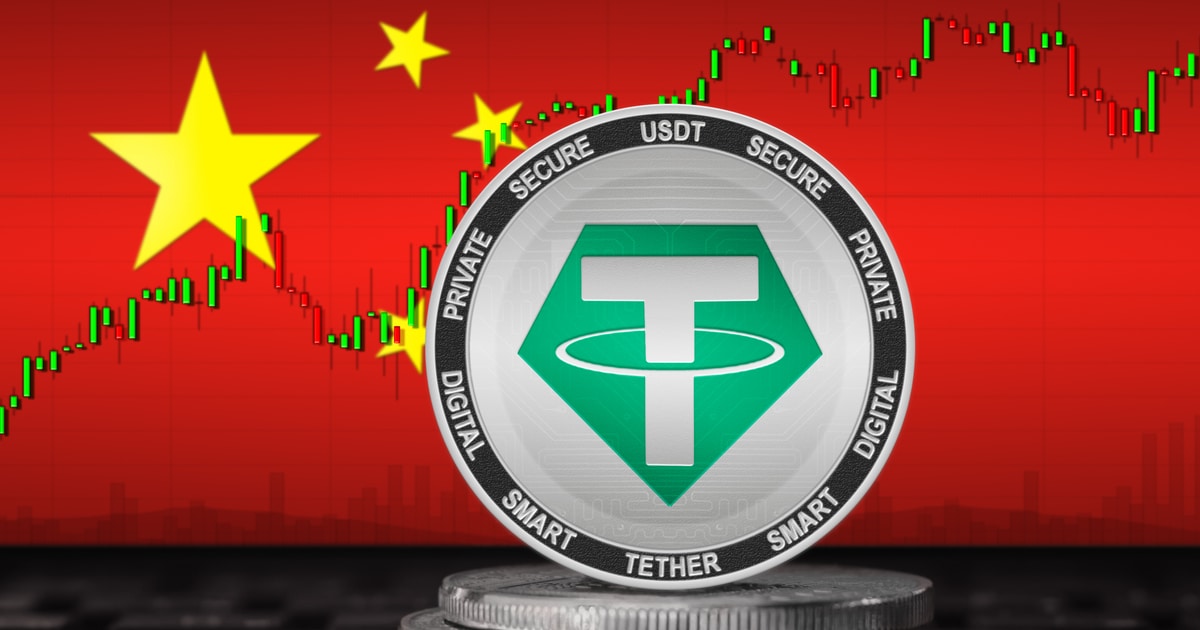China shuts down $2.2 billion underground banking operation using cryptocurrency

Chinese authorities recently dismantled a massive $2.2 billion underground banking network that was cleverly using foreign digital currency platforms to circumvent China’s strict financial controls. This operation was revealed after a detailed investigation by the Chinese Foreign Exchange Police.
It is an underground financial system that operates by purchasing cryptocurrency and then selling it through an overseas trading platform to obtain the necessary foreign currency. This process effectively circumvented China’s strict foreign exchange regulations. Xu Xiao, an investigator at the Qingdao Branch of the State Administration of Foreign Exchange, emphasized that the process mainly involved illegal foreign exchange transactions, mainly converting yuan into other currencies.
During the raid, authorities seized approximately $28,000 worth of cryptocurrency, including: rope And there is Litecoin, etc. But the operation is believed to have moved more than $2.2 billion through more than 1,000 bank accounts across 17 provinces and municipalities. This extensive network demonstrates the sophisticated and widespread nature of illicit activity.
Under China’s strict regulations, individuals can only exchange up to $50,000 of foreign currency per year unless they are officially permitted to do so. Transactions exceeding this limit without authorization are considered money laundering. This policy reflects China’s efforts to prevent capital outflows and maintain “closed” capital accounts.
China, once a major player in the cryptocurrency market, expanded restrictions on mining and trading after banning cryptocurrency exchanges outright in 2017. Despite this ban, underground activity continued, as evidenced by recent bankruptcy cases. The Chinese government is taking a strict stance on cryptocurrency to prevent illegal financial activities.
Interestingly, while mainland China maintains a hostile stance toward cryptocurrencies, the special administrative region of Hong Kong is more progressive, enforcing certain rules and granting licenses to cryptocurrency exchanges. This discrepancy highlights the different approaches to cryptocurrency regulation within and outside of China.
Image source: Shutterstock



